Karma
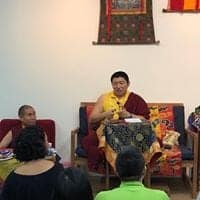
Path of Realization» Path of Transformation
Trusting Karma
Trusting karma is something that many of us struggle with in our practice. But are we clear about what karma really means? Here, Phakchok Rinpoche...

Path of Transformation
Focusing the Mind: Impossible Task?
As we begin to practice meditation, many of us experience doubts. One of the biggest questions is, "How can I concentrate? My mind gets distracted...
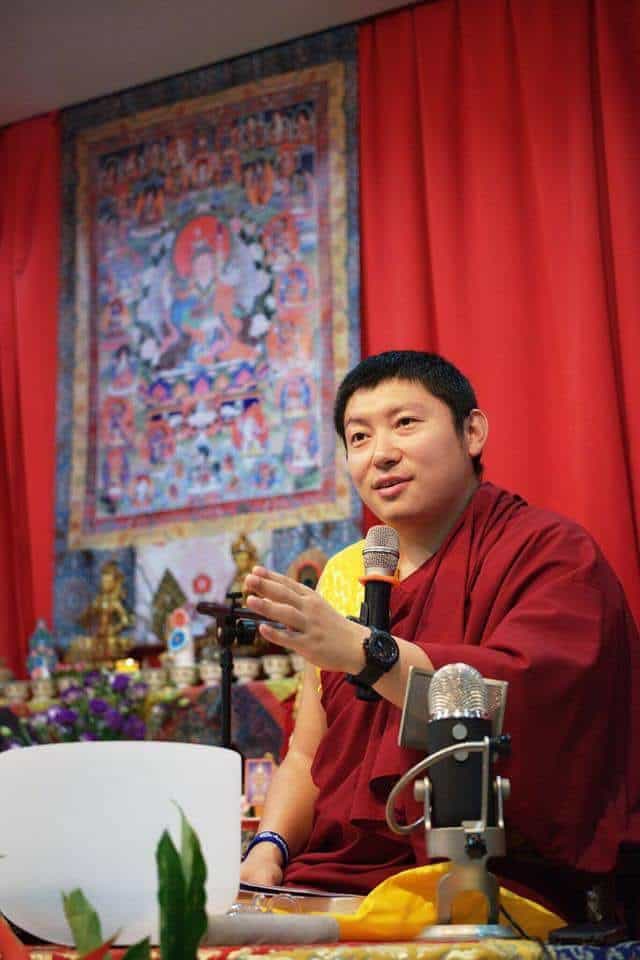
Path of Realization» Path of Transformation
Believing Karma
Believing karma, cause and effect, makes us authentic practitioners. Here, Phakchok Rinpoche speaks very directly to our cynicism and doubts. He says frankly that we...

Path of Transformation
Questions on Karma: Choosing Not to Swing
Our minds swing back and forth crazily without any stability. That is the "swing" of karma. If we don't "swing" with karma, it cannot do...
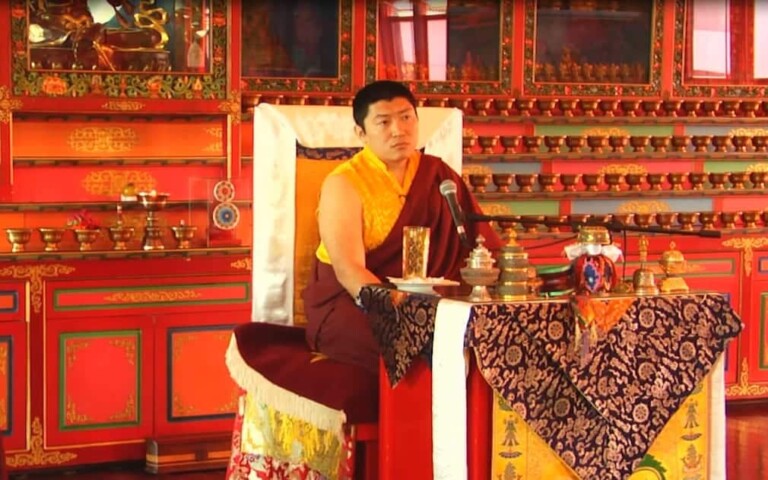
Path of Realization» Path of Transformation
Good Karma: Motivation to Practice Dharma
Good karma is a popular phrase these days. Here in a video from a teaching given in Brazil, Phakchok Rinpoche explains it in a specific...
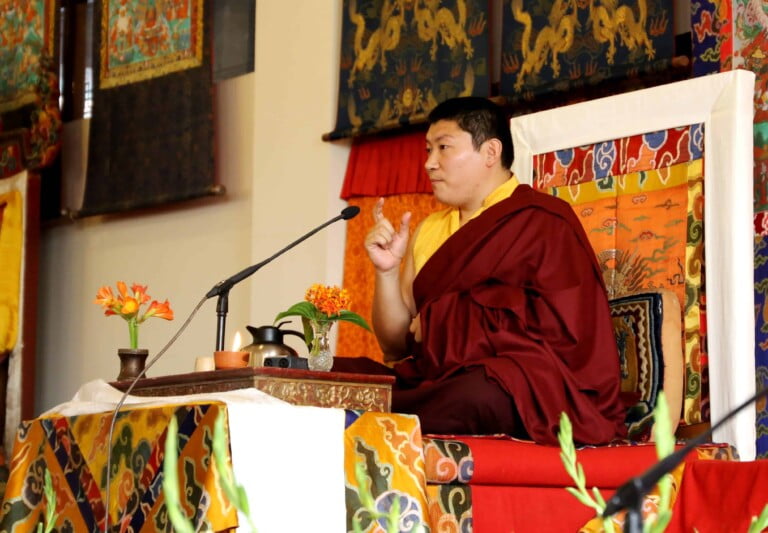
The Importance of Sincerity on the Path
Sincerity on the Path: Knowing What We Need to Transform Phakchok Rinpoche here discusses the importance of knowing our own minds. We need to know…
...
The Eight Faults
And now to continue on where I left off last month from Calling the Guru from Afar. Last time we went over the four preliminary...
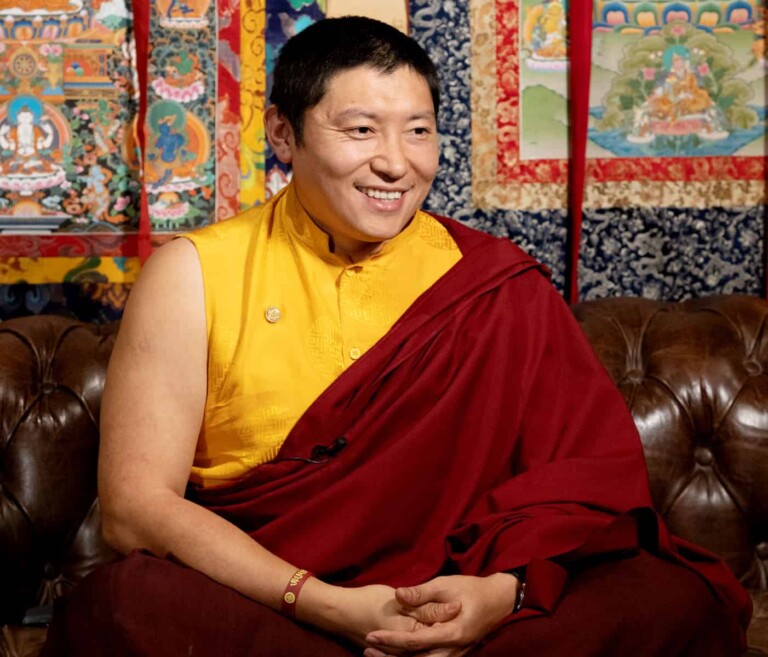
Three Levels of Patience
Today my topic is the sixth chapter of The Way of the Bodhisattva, and I would like to talk about the three different levels of...

